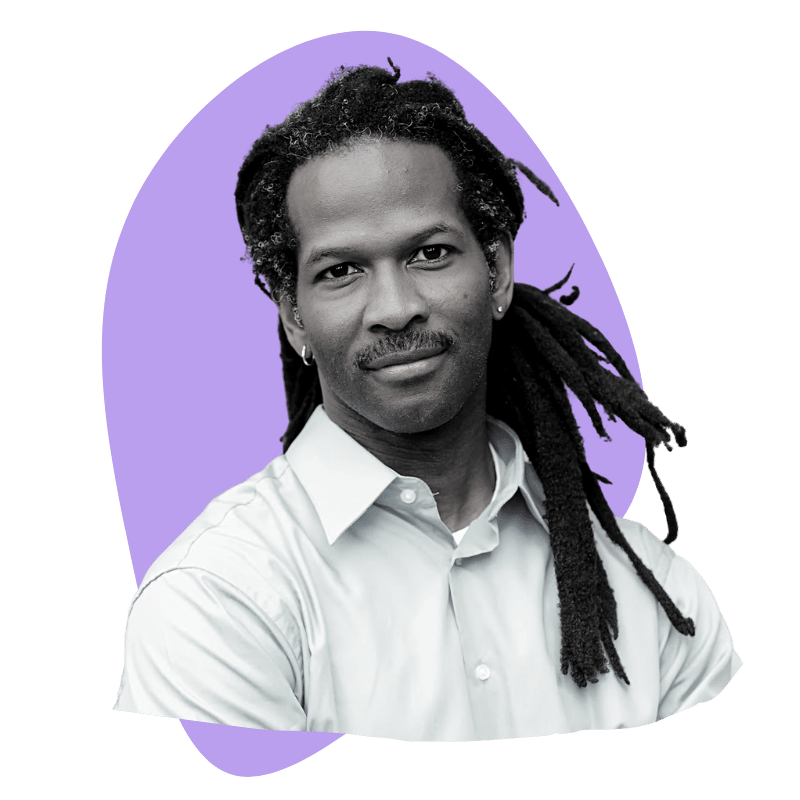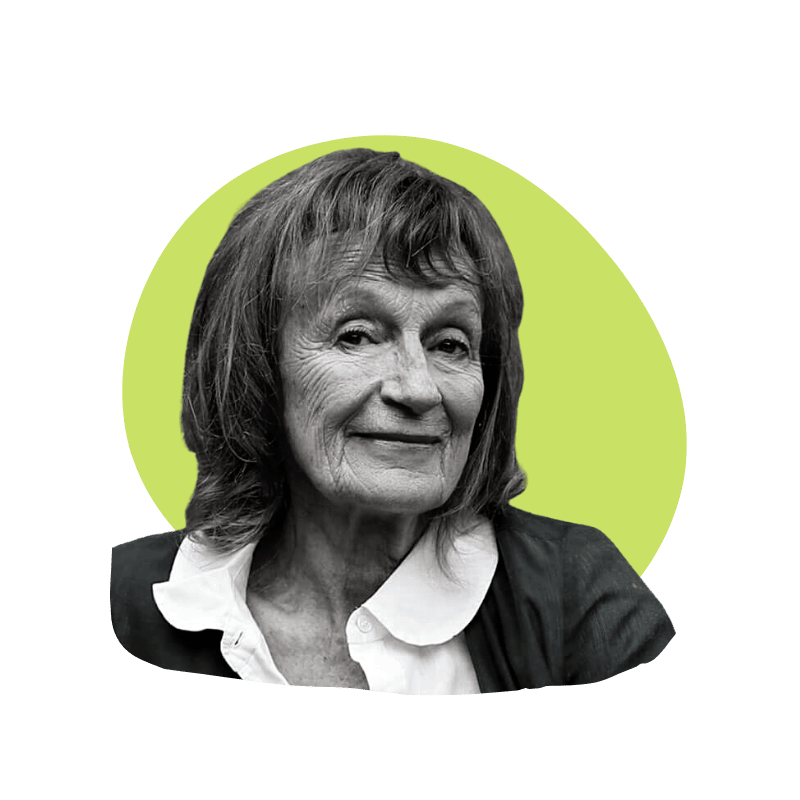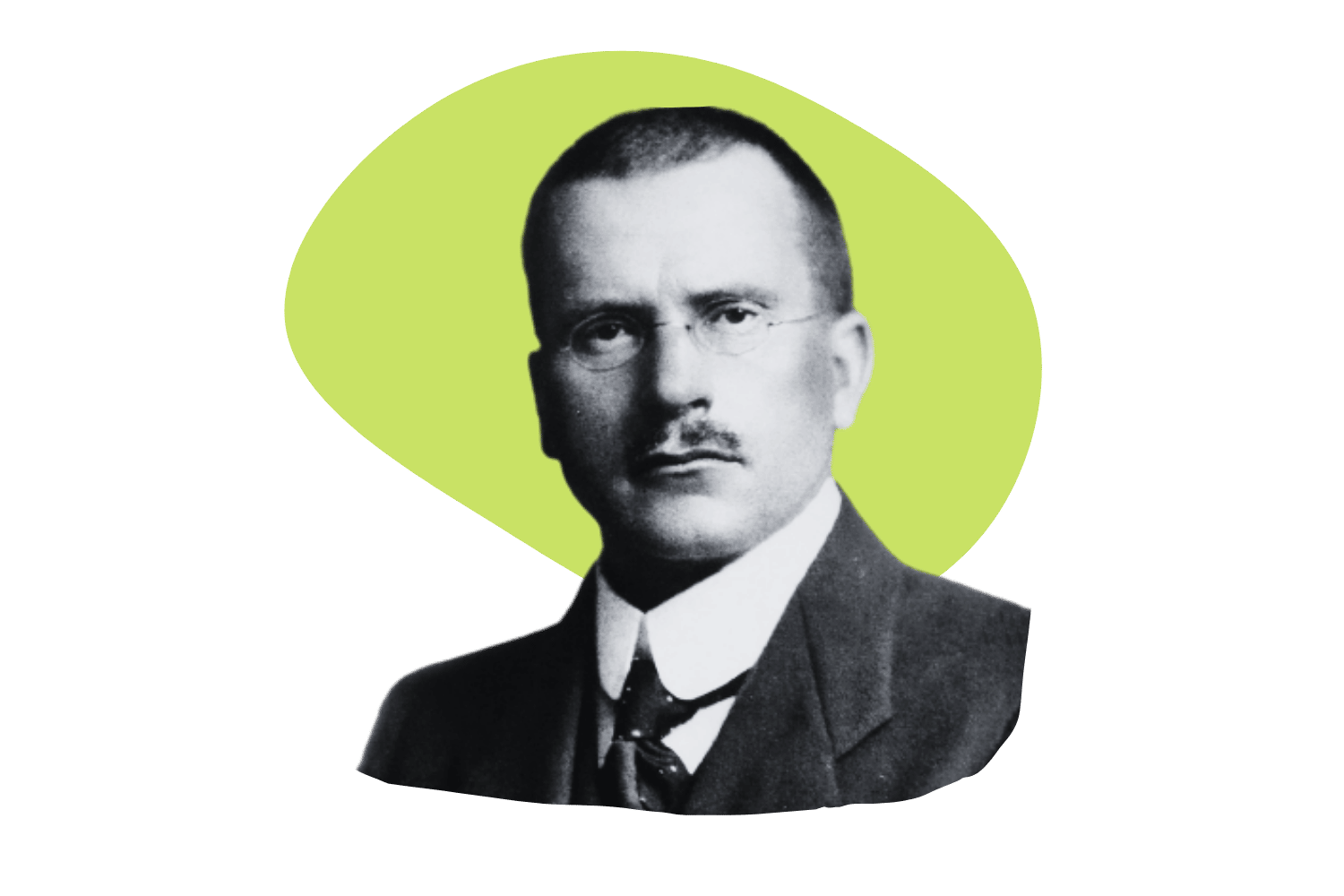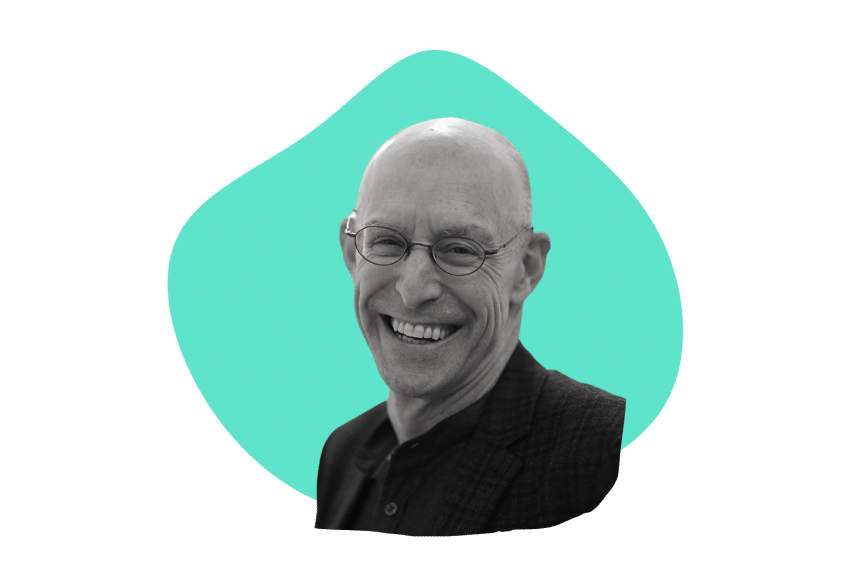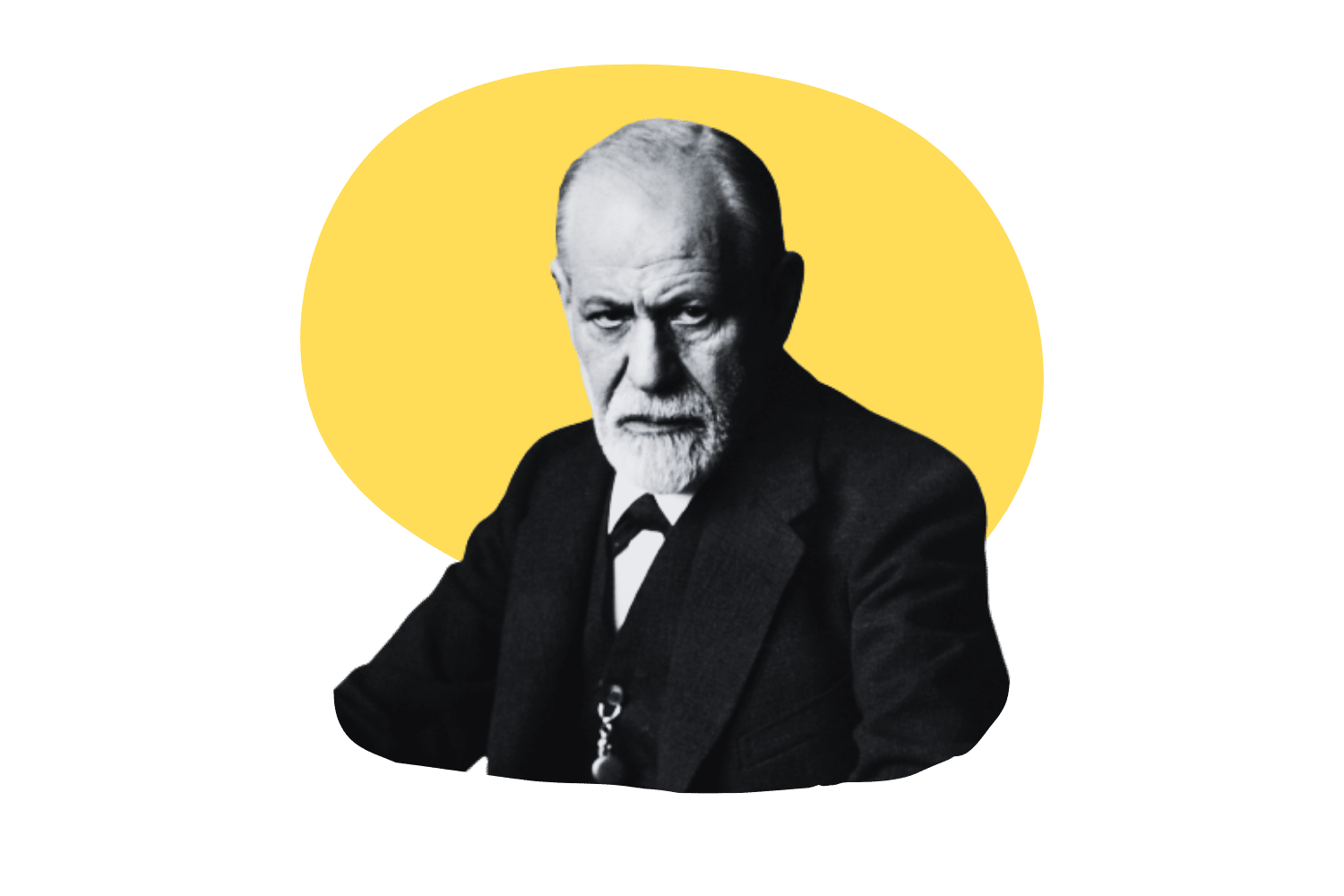Dr. James Fadiman: The “Father of Microdosing”
Dr. Fadiman is known as the Father of Microdosing, but his theory on personalities could prove to be just as crucial.
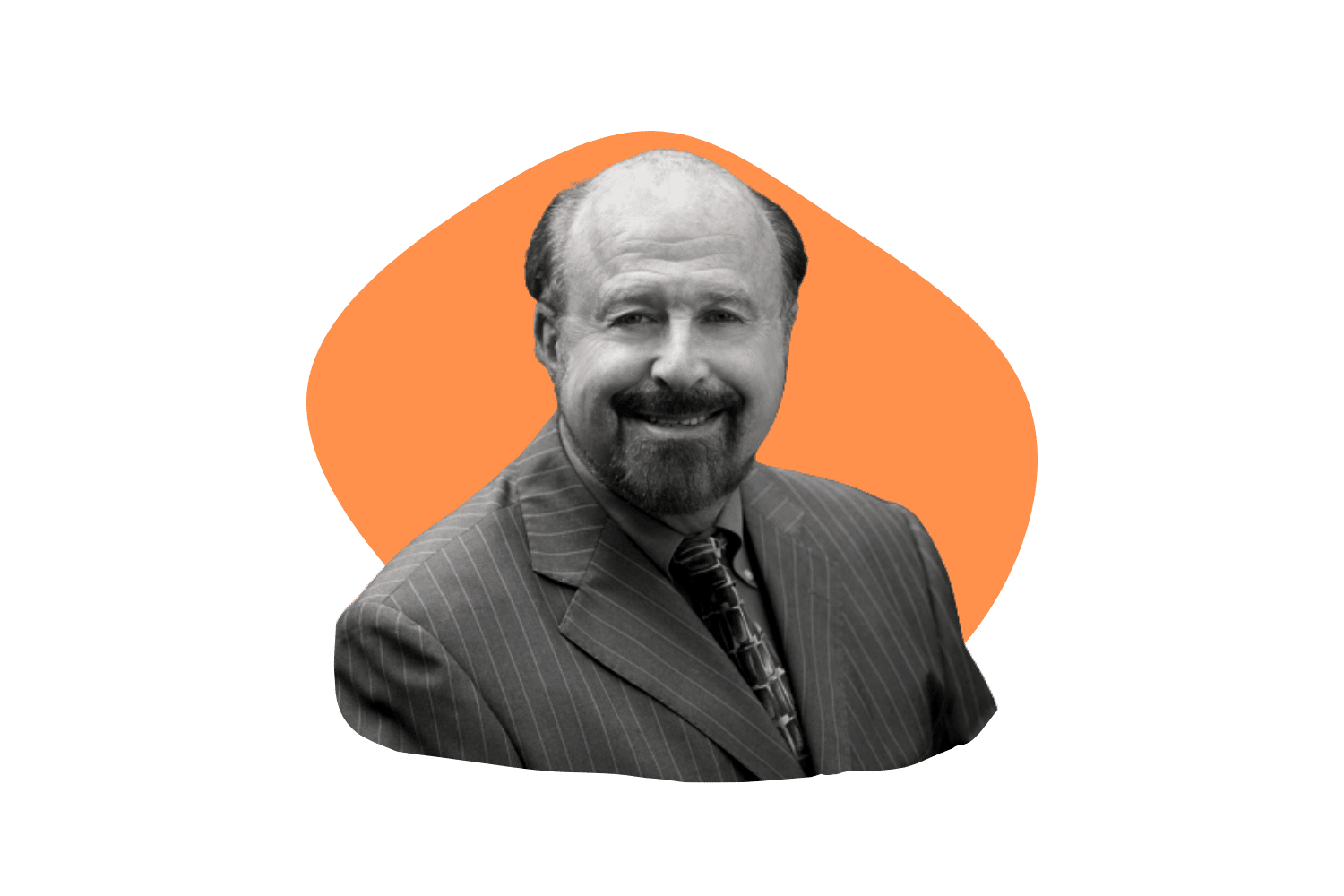
James Fadiman is one of many people bringing psychedelics to their rightful place in medicine. Despite a lack of funding — or permission — he managed to study the effects of microdosing, though loosely. But, it’s all we have to go on.
Many people find success in using his method, and those that don’t find microdosing helpful suffer no ill effects.
Microdosing isn’t his only forte, however. He’s also written books on personalities, and his newest book describes a theory that gives us all something to think about.
| Birth & Death | May 27, 1939–Present |
| Personality Type | INFJ | 5w4 |
| Occupation | Psychologist, Author |
| Nationality | American |
The Life of James Fadiman
On May 27, 1939, James Fadiman was born into a Jewish family in New York City but grew up in Bel Aire. There’s little information about his mother, but his father, William Fadiman, was a producer, editor, and book reviewer but mostly worked as a story editor for MGM Studios. He eventually worked for Colombia and Seven Arts and finished his career teaching screenwriting at AFI Conservatory.
James Fadiman received his Bachelor of Arts degree from Harvard University in 1960; he received his Master’s degree in 1962 and his doctorate in 1965, both in psychology and from Stanford University.
Ex-roommate, undergraduate advisor, and close friend, Richard Alpert (Ram Dass), introduced him to psychedelics in the early 1960s, something Fadiman calls the “critical beginning.”
However crucial these points might seem, nothing compared to what happened on October 16, 1961. Fadiman was at Stanford, and Myron Stolaroff had started an off-campus group called the International Foundation for Advanced Study. Fadiman tried LSD for the first time through this group and said it was “the central, transformative experience of my life.”
This wasn’t transformative for just his life — Fadiman’s influence on the psychedelic culture and transpersonal psychology, both then and now, is unquestionably significant.
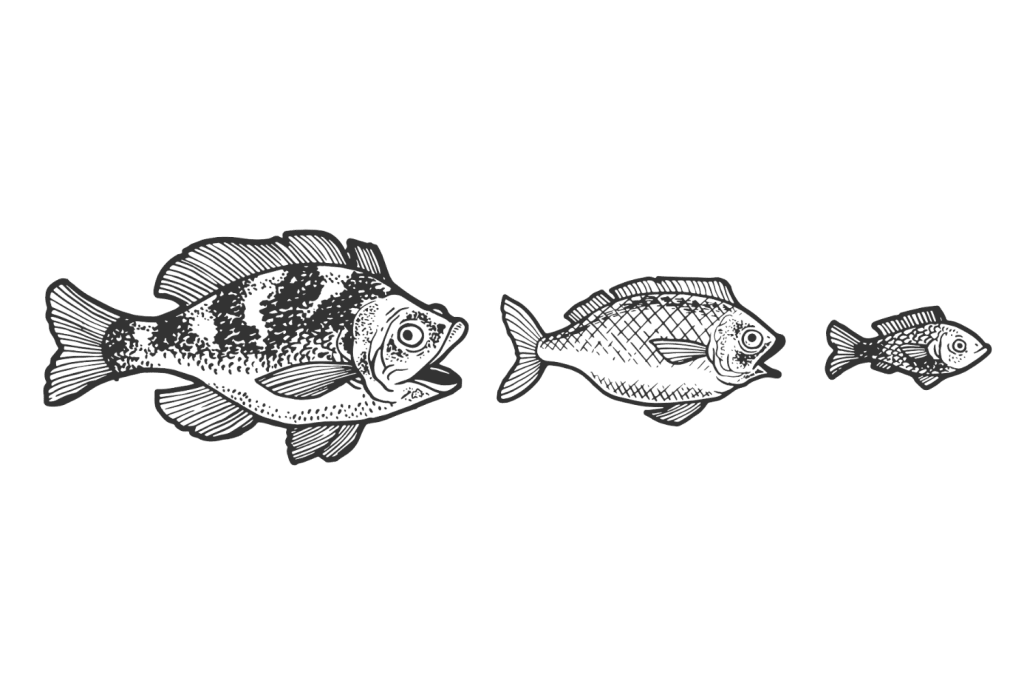
Fadiman’s Influence on Psychedelics & Psychology
Fadiman didn’t join in the LSD research until the end of the 1950s but wrote his doctoral dissertation on The Effectiveness of LSD Therapy. He was Stewart Brand’s guide on his first LSD trip (also through Stolaroff’s group) and was a close friend and neighbor to Ken Kesey. Both Brand and Kesey played pivotal roles in the psychedelic movement.
International Foundation for Advanced Study
Fadiman and others researched psychedelics and problem-solving at the International Foundation for Advanced Study, but the study ended suddenly in 1966 [4].
Co-Founder of the Institute of Transpersonal Psychology (now Sofia University)
Fadiman and Robert Frager founded Sofia University, a school dedicated to “academic excellence with a shared commitment to authenticity, inclusivity, cultural humility, ecological stewardship, and service to others….. the curricula focus on six areas of inquiry: the intellectual, emotional, spiritual, physical, social and creative aspects of life.”
He also was a lecturer in psychedelic studies.
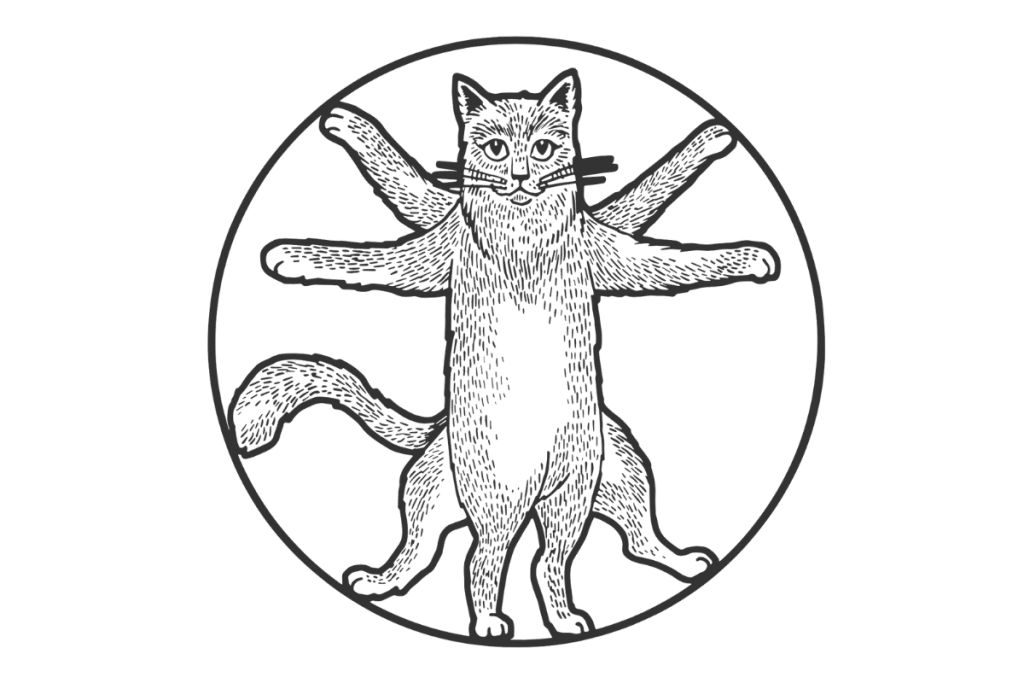
President of the Association for Transpersonal Psychology
Fadiman was president of the Association for Transpersonal Psychology. The organization aims to “promote eco-spiritual transformation through transpersonal inquiry and action. Recognizing the reciprocity inherent between our actions and our world, the Association is dedicated to encouraging and enhancing practices and perspectives that will lead to a conscious, sustainable, co-evolution of culture, nature, and society.”
Director at the Institute of Noetic Sciences
Fadiman was the director at the Institute of Noetic Sciences from 1975 to 1977. The word ‘noetic’ is Greek and means “inner wisdom, direct knowing, intuition, or implicit understanding.” Noetic sciences are one of the many ways humans can take in information and engage with reality.
Microdosing Research
Fadiman is often called “America’s wisest and most respected authority on psychedelics and their use.” Most notable is his ongoing research on microdosing, the practice of taking a minimal amount of a substance (in this case, psychedelics). The dose is unnoticeable in most cases.
Though these studies are not formal, they’re informative and give a more comprehensive view of what psychedelics can do.
This research requires a lot of faith in people’s honesty, but it also allows him to look at the substances as a whole.
In his words, “In pharmacology, the goal is to isolate a single active molecule from a plant or fungus and ignore the incredibly complex interactive mosaic of other substances that nature so effortlessly creates.”
By gathering data off the books, so to speak, he gets a look at real-life results.
Personality Research
His influence stretches beyond the realm of psychedelics — he’s also written books on personalities.
He’s authored or co-authored numerous books on the topic. His most recent (co-authored with Jordan Gruber), Your Symphony of Selves, proposes the idea that each person has multiple “selves” that we must learn to acknowledge and work with in order to get the most out of life.
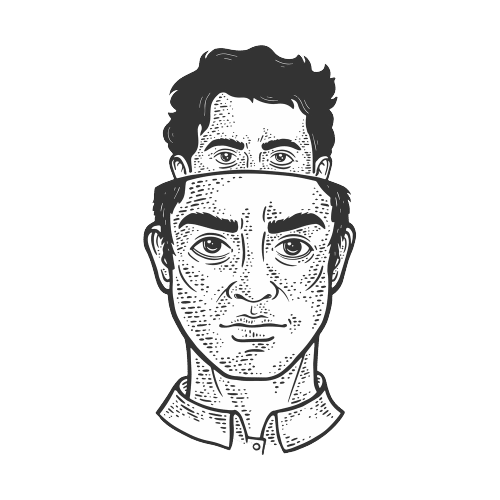
Philosophy
Fadiman is a Doctor of Psychology, yet is quoted as saying, “Now that I was enlightened and aware of the mystical truth of all things, psychology seemed incredibly primitive and without much awareness.” It’s actually astounding to think that even with his level of knowledge, psychedelics make the degree seem almost worthless. These substances have a way of opening up a part of the human mind that seems otherwise unreachable.
His philosophy on personalities isn’t ground-breaking, nor is his take on microdosing. Both were fairly common, maybe even mainstream, long ago but had since been forgotten. However, he dug these ideas up, dusted them off, and applied current knowledge, making them incredibly applicable and innovative.
Microdosing
In an article titled Microdose Research: Without Approvals, Control Groups, Double-Blinds, Staff or Funding in Psychedelic Press, Fadiman describes the beginnings of his research and how what started as amusement turned into full-blown interest.
He said (about microdosing), “ I was more amused than intrigued. That the same substance which could reveal your immortality and you being the divinity that created the stars might, in low enough doses, make you a little more emotionally stable seemed hardly worth noticing.”
Fadiman readily admits he thought he was on to something new when he began asking questions about microdosing. He introduced these ideas to a friend who happened to be an anthropologist and explained indigenous groups had been using small amounts of psychedelic plants for centuries. For proof, he pointed him to a lengthy work written around the time of the Spanish conquest of Mexico that described low doses of psychedelics.
Fortunately for the rest of us, this did not deter him. His dedication to the subject has provided valuable information, including a widely-used micro-dosing protocol, appropriately named the Fadiman Protocol (it also happens to be the first). This method uses a 3-day cycle for 4-8 weeks and allows for a clear distinction between doses.
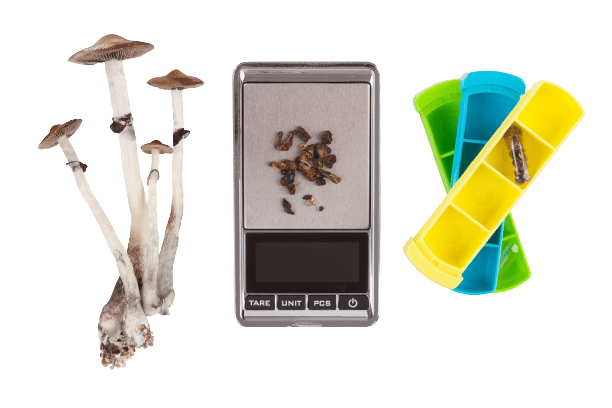
What Does Fadiman’s Research Show?
Again, the studies are not formal, but anecdotal evidence still adds up. He performs the studies online by having interested parties fill out a questionnaire and track results. Basic yet effective.
What has he found so far? People reported improvements in all kinds of areas, even ones they weren’t looking to improve (like women suddenly relieved of menstrual pain).
- Less anxiety
- People with Asperger’s Syndrome could socialize easier
- Mood elevation during the depression phase of bipolar disorder
- More creativity
- Overcome addictions
- Decreased depression
- Fewer or stopped ice-pick and cluster headaches
- Easier to implement healthy habits
- Increased learning and focus
- Less discomfort during menstruation
- Fewer or no migraines
- Improved physical skills
- Decreased triggering from trauma
- Decreased procrastination
- Less stuttering, better flow with words
- Ease of writing
- Improved work
This research aligns with what we know about psychedelics and their therapeutic value [2]. MDMA is on the verge of being FDA-approved for PTSD; magic mushrooms are suddenly the next “miracle cure” (not quite, but they’re pretty great); even LSD could help with depression and other mental disorders.
Because of these findings, psychedelic-assisted therapy is becoming more popular. People are finding that psychedelics provide more relief and are longer-lasting with fewer side effects [3].
If you’re curious to know more about what he’s found in his research, check out the above article.
The Fadiman Protocol (or Beginner’s Protocol)
DAY 1: 1st microdosing day
DAY 2: transition day
DAY 3: normal day
DAY 4: 2nd microdosing day
CYCLE: Continue this cycle for four to eight weeks
RESET: Two to four weeks of rest
However, the following quote might be his best advice on microdosing:
“The secret of microdosing is if you’re noticing it, that’s a little too high a dose. …The perfect definition of a microdose is: You have a really good day, you get things done that you’ve been putting off, you’re nice to someone at work who doesn’t deserve it, after work, you do one more set of reps at the gym than you usually do, you really enjoy your kids, and at the end of the day you say, ‘Oh, I forgot I had a microdose.’”

Fadiman vs. Jung & Freud on Personalities
Defining “Self” has been a struggle since the beginning of humanity, but perhaps Carl Jung first came up with a systematic description [1]. He believed experience, trauma, and stereotypes could all form the persona or shadow (different aspects of the personality) and can become the “archetype.” The conscious and unconscious aspects, along with what is and what could be, are the core of this Self and control our underlying instincts and the Self that’s usually manifested.
Sigmund Freud believed the Self was made of layers, and they don’t use the same rules and logic. Underneath is our unconscious Self that runs on primal instinct, like sex, instant gratification, aggression, fantasies — pretty much everything society looks down on and wants to control or pretend doesn’t exist. His proof of this underlying “dark side” is in our dreams and “Freudian slips” — things we say that hint at our true desires or intentions. He believed neurotic and pathological symptoms were a sign of these layers being out of balance or attempting to adapt.
Fadiman’s theory isn’t new; in fact, it was once pretty standard thinking. He believes each person has more than one personality, and there’s a time and place for each one to “surface.” This is similar to dissociative identity disorder (DID) or multiple personality disorder, where severe trauma causes an individual to form completely separate personalities, where they don’t control it and aren’t aware when they change.
Fun fact: There are cases where individuals with DID have a personality that is allergic to a food, but the other personalities are not. Or, some will need glasses, and the others don’t. Yeah, I don’t know what to make of that, either.
Fadiman and many others believe in a healthy version of this; we have these different personalities (think caring parent, stern boss, and wild friend) for different situations, but unlike DID, we don’t have amnesia when it happens, and it’s not an escape. Think of DID as the extreme version of what happens to these personalities in traumatic situations.
Ultimately, the theory is that we are more than moods, temperaments, and quirks.
Fadiman best describes it like this, “It is hard for your symphony of selves to play your own life music as sweetly, healthfully, and harmoniously as possible if you do not appreciate — let alone acknowledge — that you have a set of inner players capable of playing many parts. Psychologically, psychiatrically, philosophically, scientifically, and theologically, the healthy selves worldview is conceptually off-limits, a meme non grata rarely invited to the conversational table. But once it is brought into the conversation, most people seem to quickly understand it, and those who apply it in their own lives often experience immediate benefits.”

Books
- Personality and Personal Growth (1976): Co-authored by Robert Frager; a ground-breaking book that ties together Eastern and Western approaches to personality.
- Transpersonal Education: A Curriculum for Feeling and Being (1976): Co-edited with Gay Hendricks
- Motivation and Personality (1987): Co-authored with Robert Frager and Abraham Harold Maslow
- Unlimit Your Life: Setting and Getting Goals (1989); A self-help book geared toward helping you find what’s holding you back in life, how to set goals, and what steps you need to take.
- Essential Sufism (1998); A collection of fables and poems based on Sufi beliefs.
- The Other Side of Haight: A Novel (2004)
- The Psychedelic Explorer’s Guide, Safe, Therapeutic, and Sacred Journeys (2011): A concise guide based on decades of research; includes data and stories from participants in his studies.
- Your Symphony of Selves: Discover and Understand More of Who We Are (2020): Co-authored with Jordan Gruber, covers the theory that each individual is made of different personalities and the good that comes when we embrace them.

Documentaries
- Drugs in Our Culture from the Prelinger Archives (the late 1960s)
- Inside LSD from National Geographic (2009)
- Science and Sacraments (2013)
Quotes
- Be kind to people whether they deserve your kindness or not. If your kindness reaches the deserving, good for you; if your kindness reaches the undeserving, take joy in your compassion.
- Humor is a bit like Mary Poppins’ sugar — it helps the medicine go down. A little bit of humor allows people to think about very difficult subjects.
- “Only those who have cultivated the art of living completely in the present have any use for making plans for the future, for when the plans mature, they will be able to enjoy the results.” —The Psychedelic Explorer’s Guide: Safe, Therapeutic, and Sacred Journeys
- Almost all of us have experienced what it means to be in a different self. For starters, please reconsider the kinds of questions asked at the beginning of this chapter: When you are arguing with yourself, who is arguing with whom? When you do something completely out of character, who is doing that? When you party too hard, who comes back thrashed to spend time with your mate, family, or co-workers? — Your Symphony of Selves
- “The image of the healthy Self is more like a choir, where everyone is singing their correct note, but not the same note. And also, they’re singing at the right pitch, at the right tempo, at the right volume, so that it works. And a beautifully organized choir doesn’t need a leader because they’re hearing each other.”
Videos
The Fadiman Protocol
The Remarkable Results of Microdosing: James Fadiman
James Fadiman & Sophia Korb: Microdosing — The Phenomenon, Research, Results, & Startling Surprises
Comes A Time: Dr. James Fadiman
Present! James Fadiman at the Global Transpersonal Symposium
Tim Farris With James Fadiman: The Psychedelic Explorer’s Guide – Risks, Micro-Dosing, Ibogaine, and More (#66)
Final Thoughts: Fadiman on Microdosing & Personalities
James Fadiman not only brought psychedelics to the forefront (even more than they already were) with his research on microdosing but has taken theories on personalities and reopened a closed door. Eventually, these topics might merge.
Psychedelics prove their worth in psychotherapy, and microdosing could be the answer for many people who struggle with depression, anxiety, PTSD, and other mental disorders. With people like Fadiman who are willing to dig for answers and think outside the box, we can find solutions to these problems.
References Used
- Alcaro, A., Carta, S., & Panksepp, J. (2017). The affective core of the Self: a neuro-archetypical perspective on the foundations of human (and animal) subjectivity. Frontiers in psychology, 8, 1424.
- Perkins, D., Sarris, J., Rossell, S., Bonomo, Y., Forbes, D., Davey, C., … & Castle, D. (2021). Medicinal psychedelics for mental health and addiction: Advancing research of an emerging paradigm. Australian & New Zealand Journal of Psychiatry, 55(12), 1127-1133.
- Dos Santos, R. G., Bouso, J. C., Alcázar-Córcoles, M. Á., & Hallak, J. E. (2018). Efficacy, tolerability, and safety of serotonergic psychedelics for the management of mood, anxiety, and substance use disorders: a systematic review of systematic reviews. Expert review of clinical pharmacology, 11(9), 889-902.
- Harman, W. W., McKim, R. H., Mogar, R. E., Fadiman, J., & Stolaroff, M. J. (1966). Psychedelic agents in creative problem-solving: A pilot study. Psychological Reports, 19(1), 211-227.

